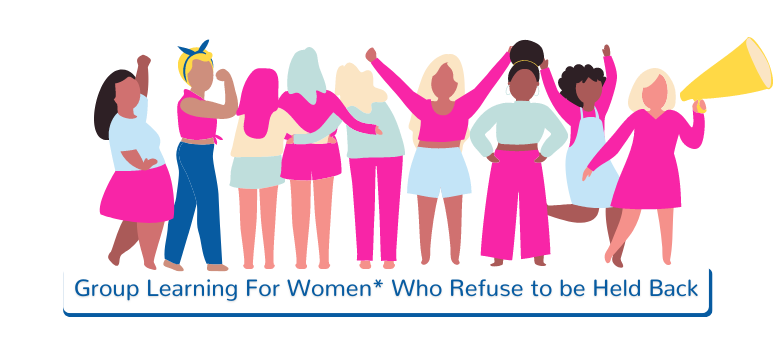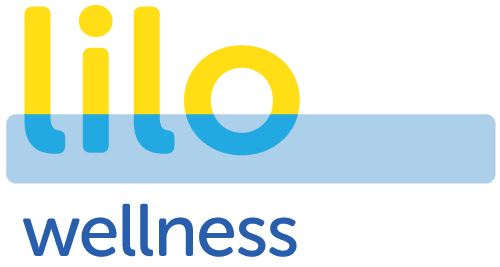
12 Jul Do you discriminate against people with ADHD? No? Are you sure?

Are you prejudiced against people with disabilities? If you’re like most people your response is likely, ‘Of course not!!’
Prejudice towards disability is referred to as ableism, a word that many of us don’t know because it doesn’t impact us. That is, until we are forced to consider whether we, or someone close to us — like our kids or partner — might have a disability.
Let’s explore this from another angle. Are you ashamed of your ADHD brain?
If you are, you may be experiencing internalised ableism, or prejudice towards yourself for having a disability.
A massive contributor to shame and poor mental health
The concept of internalised ableism can be a tricky one to grasp when you first come across it. I’ll do my best to help you understand it because it can rob us from a lot of joy by contributing enormously to the shame we experience.
Internalised ableism happens when we have negative feelings toward ourselves due to seeing people with disabilities as inferior. In short, you may have unknowingly taken on the beliefs and moral judgments of broader society, which sadly, is often ableist and does judge people with disabilities as inferior. Usually this is subconscious and it’s only when we look inward that we may see this is true.
Add to this the controversy and stigma that is attached to ADHD and its treatment and it’s not surprising that internalised ableism and self-stigma have a terrible impact on the peace of mind of many, if not most people with ADHD.
On top of the shame we already experience for a life-time of not functioning as well as others in certain ways, and living ‘up to our potential’, it’s hardly surprising mental health issues are rife!
What does internalised ableism/self-stigma look like?
Internalised ableism and self-stigma are hard to separate in how they manifest in relation to ADHD. They can be expressed in our attempt to pass as neurotypical. To keep our differences hidden from anyone and everyone, even those closest to us.
They may be expressed in our unwillingness to disclose our ADHD to our employer. (Although, I am the first to acknowledge that not every employer is created equal in their willingness to empathise and make accommodations so their neurodivergent employees can thrive. So often this may also be wise, as well as a sign of internalised ableism).
The way we ‘compensate’ for our challenges can be healthy and help us to thrive. Or very unhealthy – such as overworking ourselves into the ground or people pleasing. In these cases they are usually driven by shame and a need to prove to yourself and others that you’re not ‘defective’.
At the core of all these behaviours is an expression of how we undervalue ourselves, probably after years of disapproval. Which can lead to piling onto ourselves about the many ways in which we don’t ‘cut it’.
Internalised ableism and self-stigma related to ADHD also sometimes shows up as not seeking a diagnosis and treatment. Tragically, this is also made much worse by ADHD largely having been put in the too hard basket by many health professionals for decades. Did you know that many psychiatrists still won’t treat it? It shocks and saddens me that this is what we’re dealing with.
Hopefully things will improve as a result of the Parliamentary Inquiry that’s taking place currently here in Australia. I recently gave lived experience testimony in a hearing as part of the Inquiry (live-streamed into Parliament House!) I focused on mums with ADHD, how our cognitive challenges really impact how well we can manage the load we have when we’re caring for kids with complex needs. I touched on many other issues as well.
Don’t feel bad about feeling bad!
With all this in mind, it’s hardly surprising that so many of us struggle with internalised ableism, so don’t feel bad about it if you do relate! But if you need a hand to shift it, much of my coaching and support centres on helping to shift unhelpful attitudes and beliefs like these and replacing them with healthier ones.
Often, all it takes is seeing things from a fresh perspective! Perhaps see if you can zoom out and ask yourself “Is this really something I should feel ashamed of?”
My guess is, it’s much more likely that you’re amazing and should be super proud of all you’ve achieved with what you’ve been up against! Simply starting to understand these forces that are at work can help and be incredibly healing. It’s my hope that it is for you.


